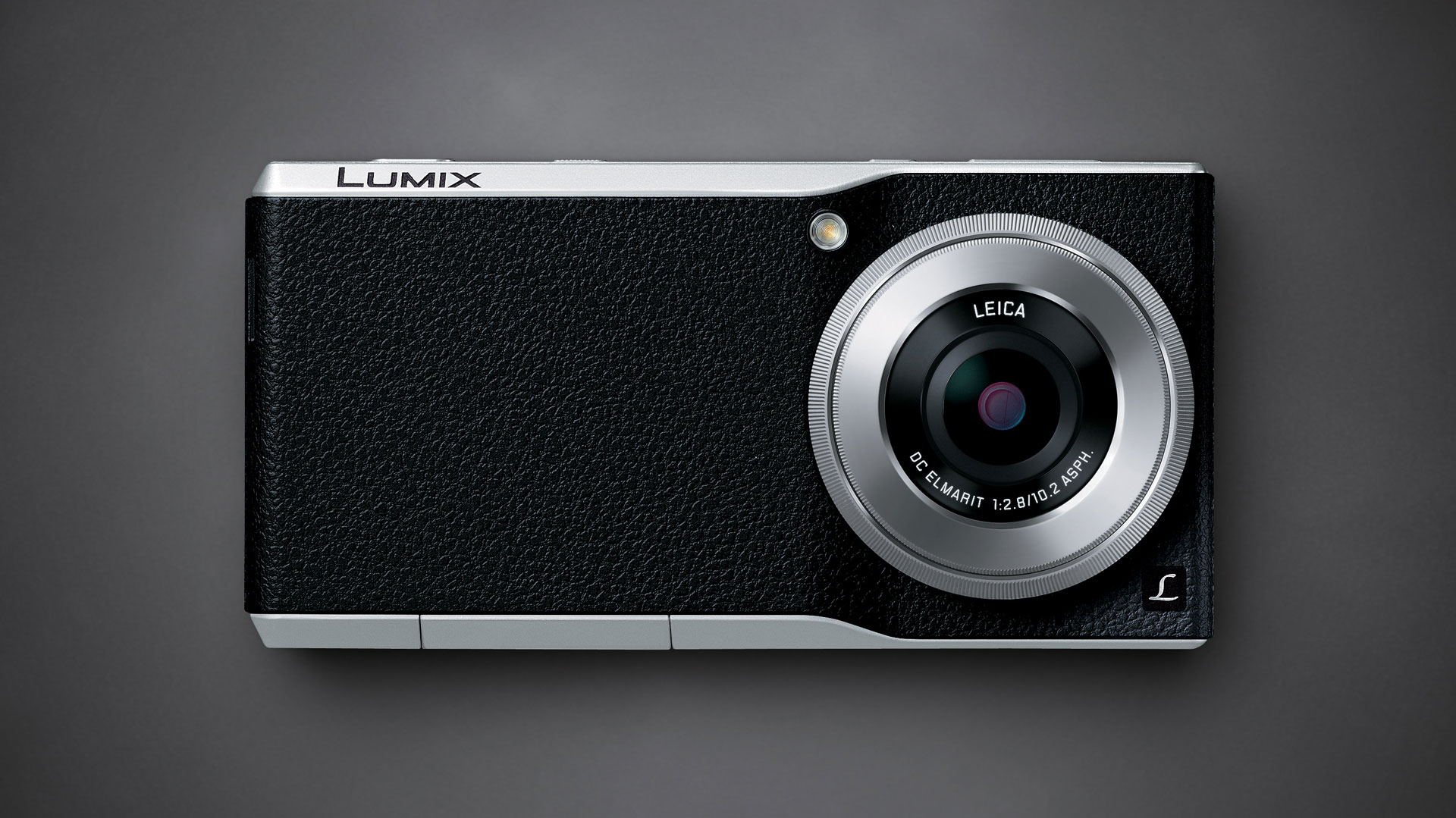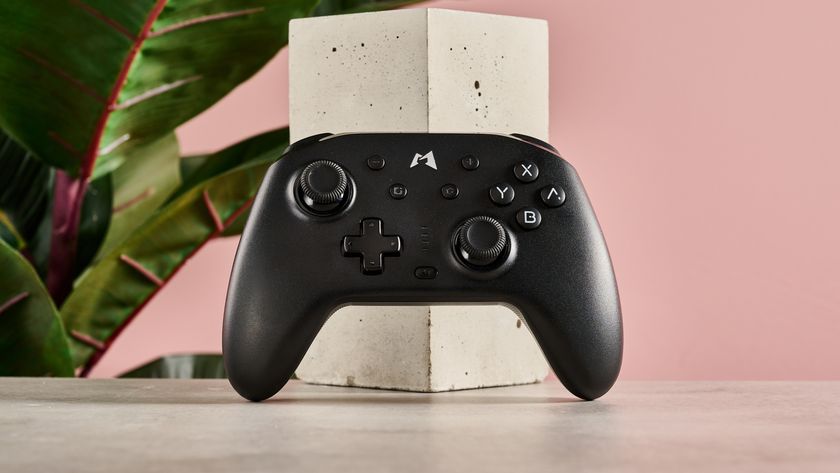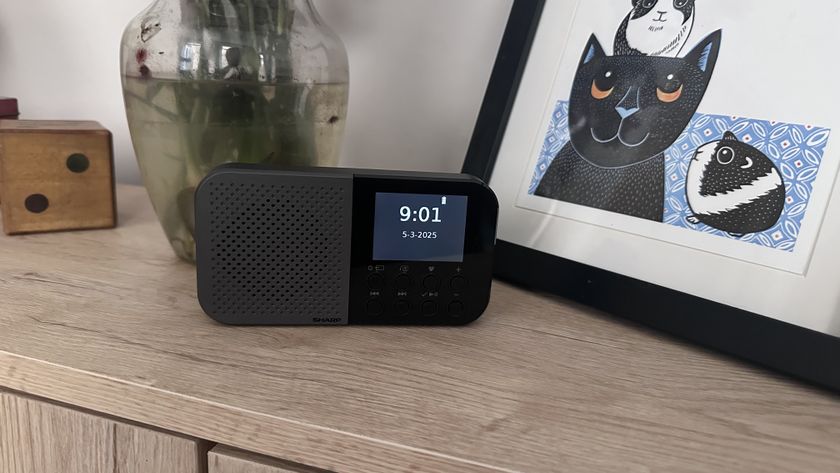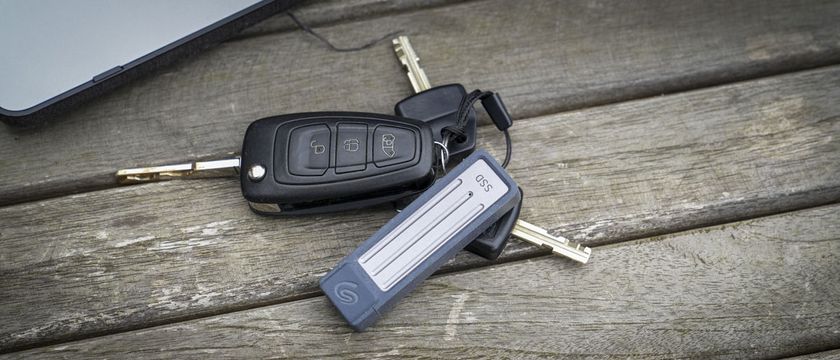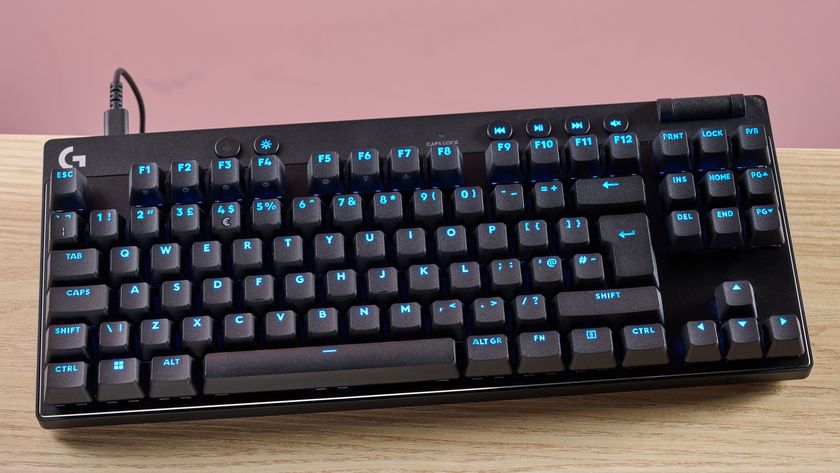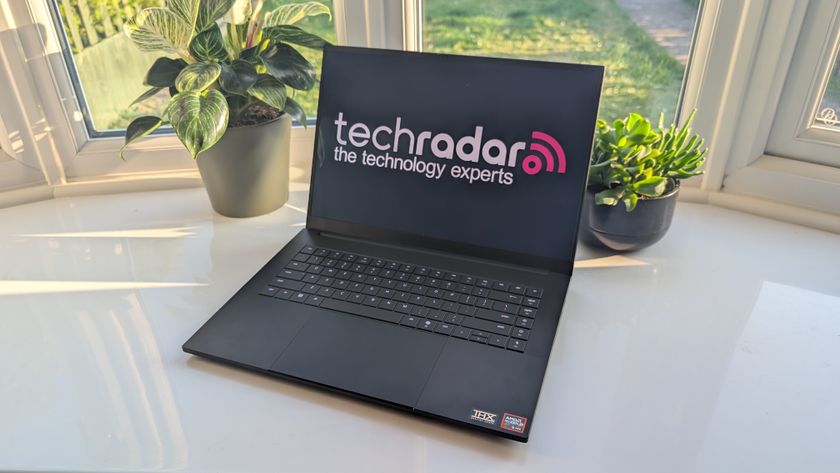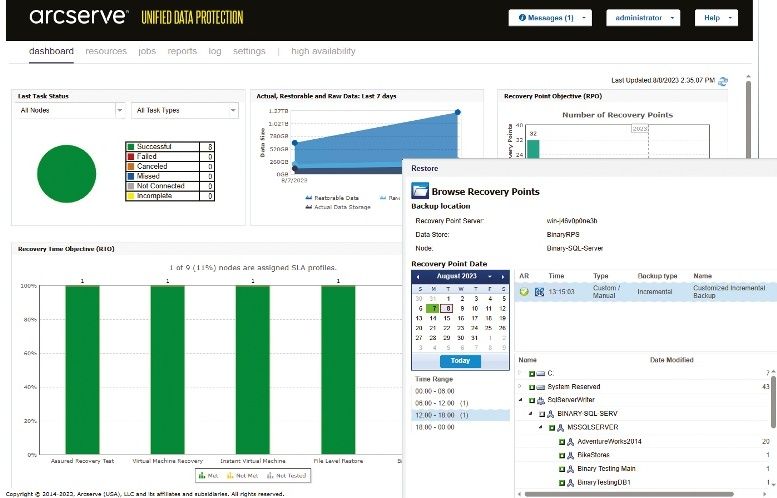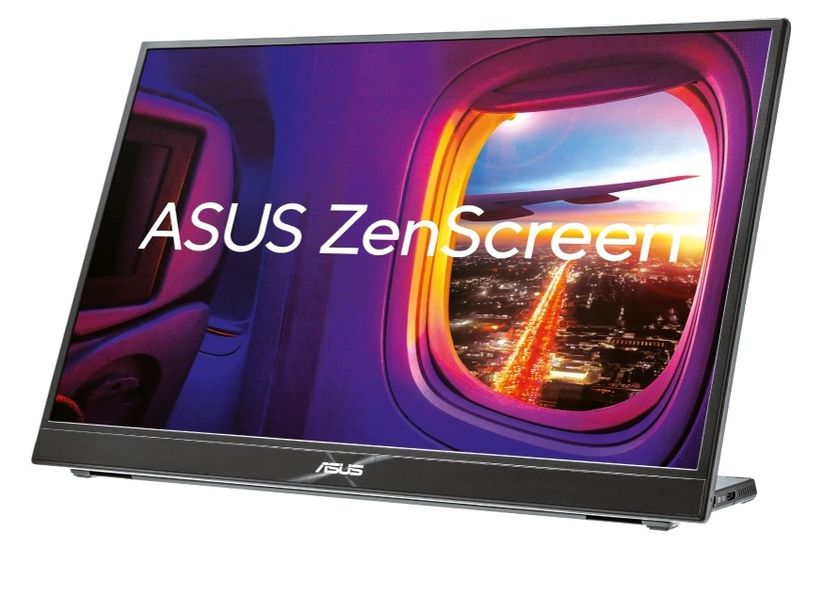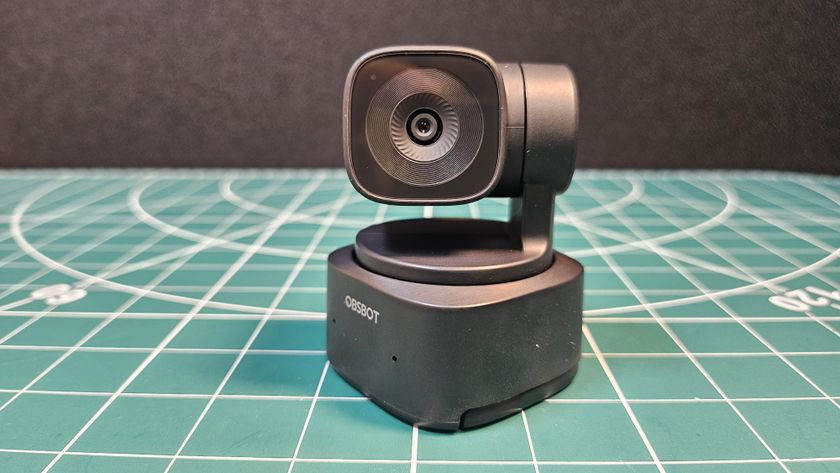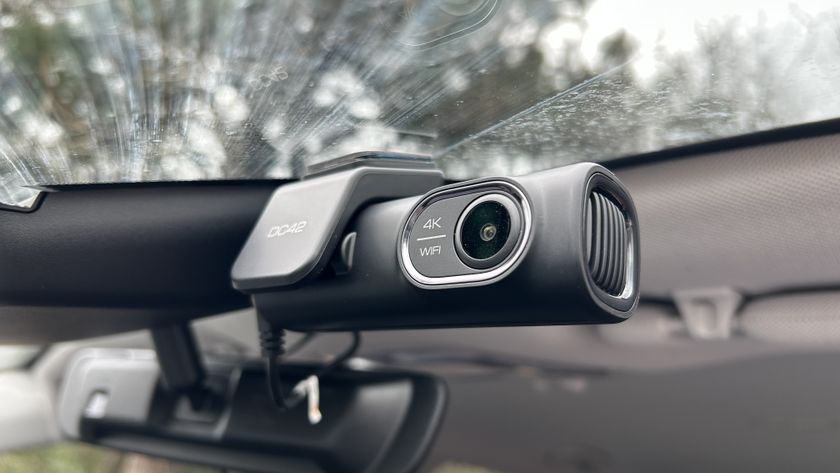Why you can trust TechRadar
We've carried out lab tests on the Panasonic CM1 across its full ISO range for resolution, noise (including signal to noise ratio) and dynamic range. We test the JPEGs shot by the camera, but we also check the performance with raw files. Most enthusiasts and pros prefer to shoot raw, and the results can often be quite different.
We've also picked out three of its chief rivals so that you can compare their performance directly.
• Panasonic TZ70/ZS50: This is a more usual choice for keen photographers looking for a pocket camera. The TZ70 matches the manual controls of the CM1 and has a 30x zoom lens but a much smaller sensor.
• Panasonic FZ1000: Panasonic's big and powerful bridge camera is a million miles from the CM1 except in one vital respect – it has the same sensor.
• Canon G7 X: The CM1 uses a relative big sensor even by compact camera standards, and it's a size starting to appear in high-end compacts, too, like the Canon G7 X. But can the CM1 really approach the Canon's performance?
Panasonic CM1 resolution charts
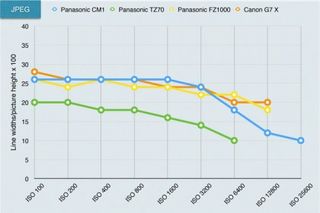
JPEG resolution analysis: This is where the size and resolution of the sensor in the Panasonic CM1 pays dividends. Its results are on a par with the Panasonic FZ1000 and Canon G7 X, which are both highly regarded cameras. The CM1 is way ahead of the TZ70, which has a smaller 1/2.3-inch 12-megapixel sensor.
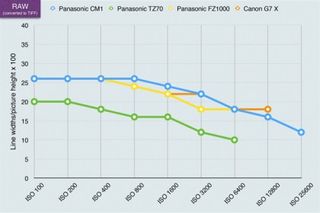
Raw (converted to TIFF) resolution analysis: These results are repeated in the raw files, where the Panasonic CM1 matches and even narrowly beats the FZ1000 and Canon G7 X at higher ISO settings. Again, Panasonic's smaller sensor travel camera, the TZ70, lags behind.
Current page: Lab tests: resolution
Prev Page Panasonic CM1 as a phone Next Page Lab tests: dynamic range
I started using a Mac full time for work – but these are the things I missed from Windows 11 that made me switch back

Here are 3 settings I always use every time I talk to ChatGPT that make it more productive

How I use AI to help my ADHD - 5 tools that will help you keep on top of life and 1 mistake to watch out for
